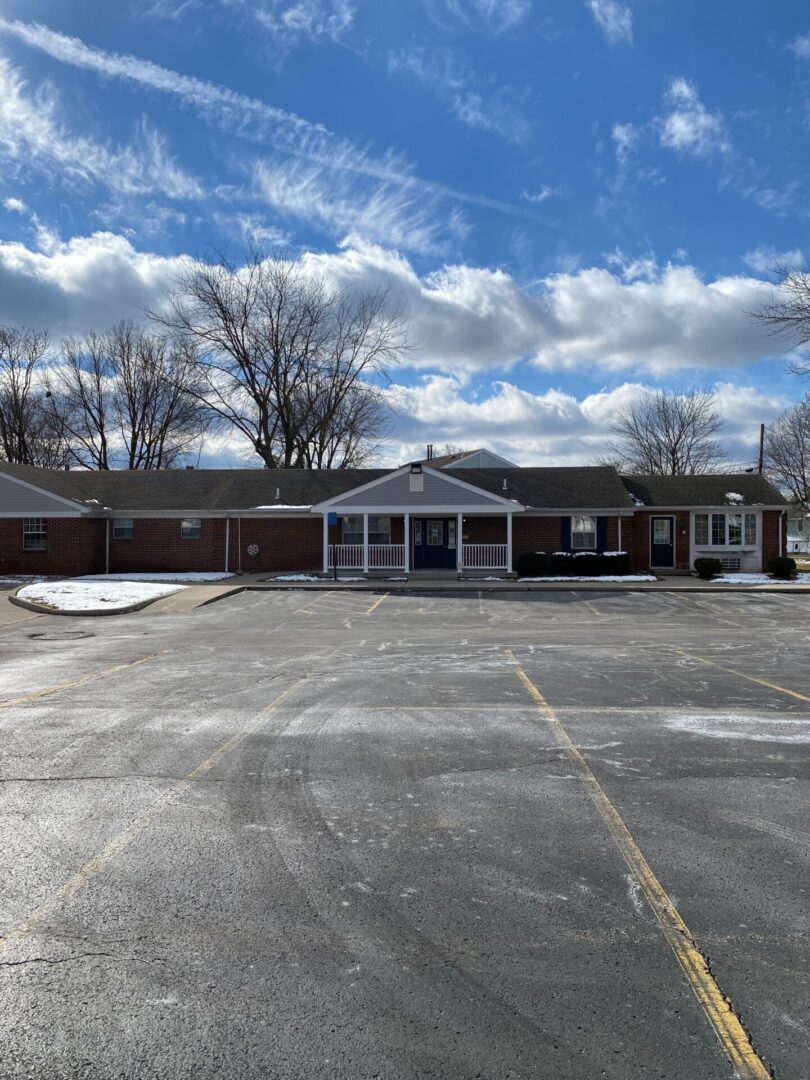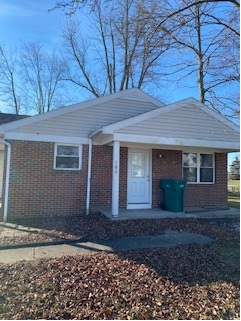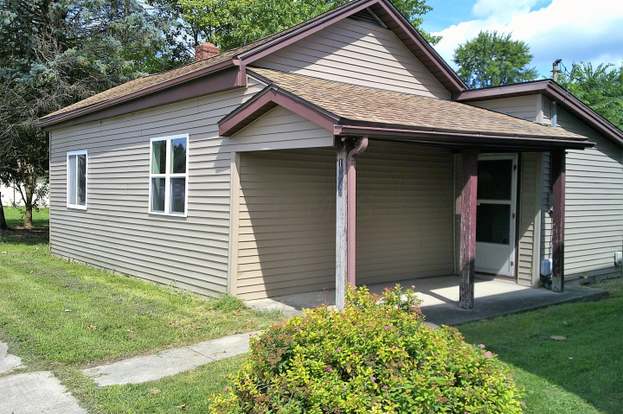
Boost Family Income Via Our FAMILY SELF-SUFFICIENCY PROGRAMS
FSS is a program that enables HUD-assisted families to increase their earned income and reduce their dependency on welfare assistance and rental subsidies.
Public Housing Agencies (PHAs) work in collaboration with a Program Coordinating Committee (PCC) to secure commitments of public and private resources for the operation of the FSS program, to develop the PHA's FSS Action Plan (the FSS policy framework), and to implement the program.
Once an eligible family is selected to participate in the program, the PHA and the head of each participating family execute an FSS Contract of Participation that specifies the rights and responsibilities of both parties. The term of the FSS contract is generally 5 years, but it may be extended for another 2 years by the PHA for a good cause.
The FSS contract also incorporates the family's individual training and services plan (ITSP). The ITSP is the document that records the plan for the family. That is, the series of intermediate and long-term goals and the steps the family needs to take—and the services and resources they may need to access—to achieve those goals.
Public Housing Program
A Public Housing Program provides safe, decent, and affordable rental housing to low-income families, the elderly, and persons with disabilities. Under this program, a PHA owns the properties rented to public housing tenants and acts as the landlord. HUD provides operating and capital subsidies to PHAs, and the PHAs are responsible for general property management, ongoing program compliance, and, in some cases, for providing supportive services to residents.
Generally, PHAs determine eligibility for public housing based on: annual gross income; whether the applicant qualifies as elderly or disabled; whether the applicant has a family; and U.S. citizenship or eligible immigration status.
Applicants' income must be at 80 percent or below the area median income, which HUD sets annually. At least one person in the household must be a U.S. citizen or have eligible immigration status. PHAs may also consider rental payment and utility payment history and check references. Typically, PHAs will deny admission to any applicant whose habits and practices may be expected to have a detrimental effect on other tenants, staff, or the surrounding community.


Housing Choice Voucher Program (HCVP)
The Housing Choice Voucher Program (HCVP) provides rental assistance to help low income persons afford decent and safe rental housing. HCVP Programs are funded by the Department of Housing and Urban Development (HUD), and administered by public housing agencies throughout the country.
A person selected to participate in HCVP is issued a rental voucher and is then free to locate a dwelling unit suitable to the family's needs and desires in the private rental market.
Under the rental voucher program, the family is generally required to pay approximately 30% of adjusted monthly income toward rent and utilities.
